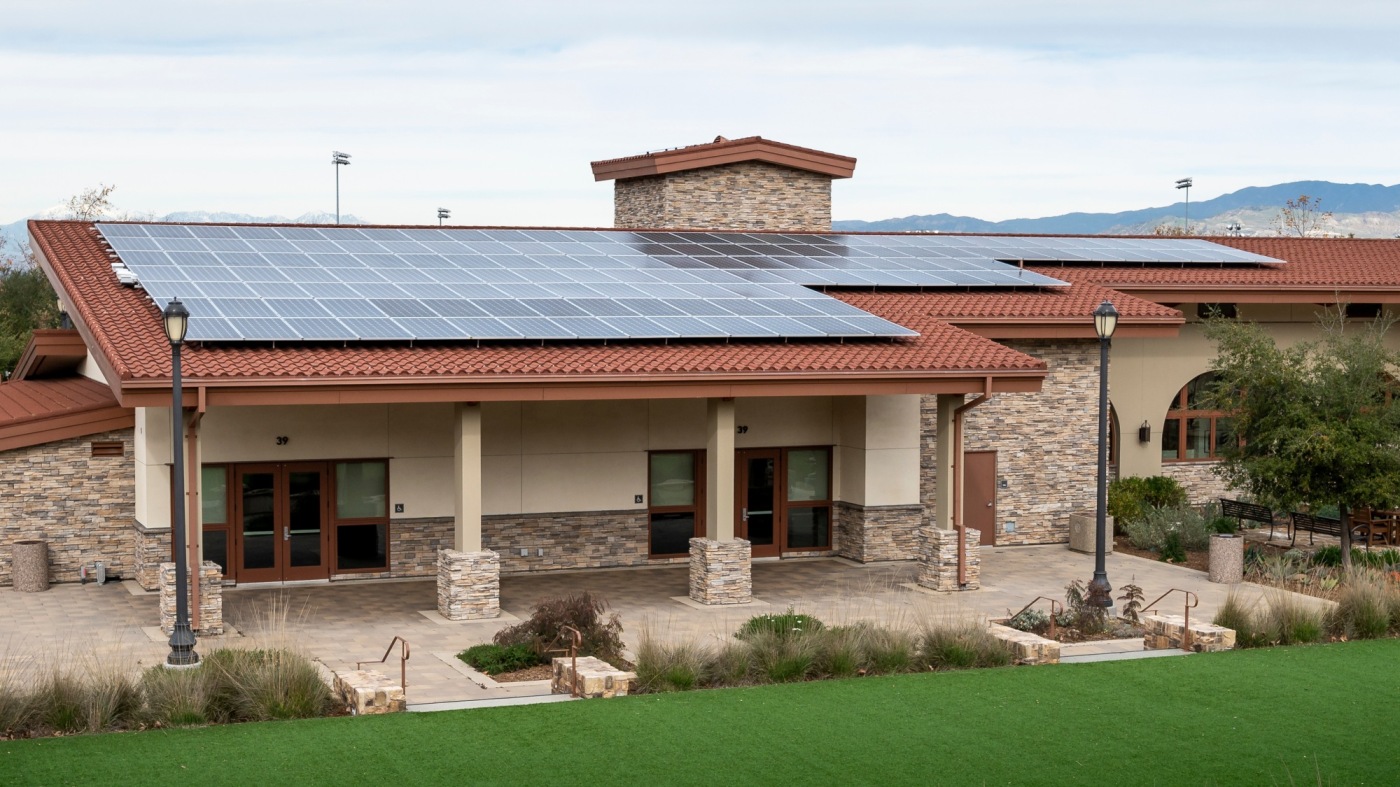Irvine has set ambitious climate goals: zero carbon emissions by 2030. To compare, California is working toward achieving this goal by 2045.
Irvine in 2021 developed a Climate Action and Adaptation Plan, a framework for how it can achieve its sustainability goals. And on Tuesday, June 27, city staffers will present to leaders at a special meeting a series of measures — organized under five buckets: building energy, on-road transportation, land use, fleet vehicles and off-road equipment and solid waste and water — on how to achieve these carbon neutrality goals.
Some of those recommended measures include retrofitting existing residential and multifamily buildings to improve energy efficiency, increasing transit ridership and creating car-free areas and pedestrian malls.
Staffers will also ask the city’s mayor and councilmembers to greenlight a public outreach strategy. If the council gives the go-ahead, staff will immediately begin a “tremendous amount of outreach to all the different impacted groups in Irvine,” said City Manager Oliver Chi.
The city will engage “various stakeholders, homeowners associations, environmental advocates (and) industry groups,” Chi said, including with development bodies like the Irvine Company. The outreach program would go through the summer and into the fall.
“From the Irvine Company to Five Points to all the development in town, there is a high degree of consensus — and not just consensus, but really support — for moving toward greener buildings,” Chi said.
After that, all the discussions with the various stakeholders will be tabulated into a “series of recommended measures,” Chi said.
“Those measures will then be brought forward for City Council review,” he said. “If the council says yes, then those will become the measures to implement.”
Staffers will then draw up an implementation plan which will include costs, said Chi. There are a “variety of different funding sources to look at” from “local resources that the City Council identifies,” he said.
Irvine will also begin the process of gaining California Environmental Quality Act certifications at this stage, he said.
While it’s not necessary to gain CEQA certification, obtaining it will allow the city to “better document” if it is “meeting those carbon reduction goals,” Chi said, noting it “requires the city to invest resources to manage and to monitor and manage the greenhouse gas emissions.”
Related links
Irvine quit using synthetic pesticides in 2016, now a farm bill could block such local restrictions
Irvine joins a handful of Orange County cities creating climate action plans
Irvine seeks $1 million through Cool City Challenge in pursuit of carbon neutral goal
Reaching carbon neutral in Irvine will start with neighborhoods
How Irvine plans to work around a federal ruling to achieve carbon goals
A city-conducted study in 2019 found that “roughly 51% of our greenhouse gas emissions come from transportation sources, and then roughly 30% comes from existing buildings and the remaining percentage comes from a variety of other areas, waste generation, irrigation systems,” Chi said.
Based on that, staffers will present a series of options to city leaders “to reduce the use of fossil burning fuel vehicles,” he said. Recommendations range from “implementing better electric vehicle charging infrastructure to multimodal transportation pathways within the city.”
“It includes the consideration of creating larger mass transit systems,” Chi said, “that moves people throughout the city in a way where you can get around without necessarily using your car.”
The transit system could “better connect different parts of Irvine together,” he said.
Since buildings account for about nearly one-third of greenhouse gas emissions in Irvine, city staffers will continue to explore going all-electric in new building construction. While a federal ruling jeopardized Irvine’s proposed ordinance, the city attorney is considering an alternative where instead of managing the fuel coming into the building, Irvine would regulate emissions leaving the building.
In addition to discussing the Climate Action and Adaptation Plan strategy, councilmembers also plan to discuss the reduction of gas-powered lawn equipment at the request of Councilmember Kathleen Treseder, a climate activist and UC Irvine professor. In a memo, Treseder said, “Gardening equipment, including leaf blowers and lawnmowers, produce a surprisingly significant amount of greenhouse gas emissions.”
Some actions she proposed the council adopt include offering a rebate program for residents switching to an electric lawn mover, creating a resident lawn equipment exchange program with leftover federal pandemic relief funds and switching all city-owned lawn mowers and lawn equipment to all-electric by mid-2024.
The special council meeting is set for 2 p.m. Tuesday at City Hall. The regularly scheduled council meeting will follow at 4 p.m.
Related Articles
Huntington Beach wants options for making it harder for children to access sexually explicit books
Huntington Beach councilmembers call for denouncing hate
How Irvine plans to work around a federal ruling to achieve carbon goals
Anaheim to buy land near Angel Stadium for new park
Law enforcement veteran appointed to Laguna Niguel City Council to fill vacancy





